Because they dared to speak out about health and medical disasters they were persecuted by those they attacked
by Maryvonne Ollivry
Paris Match
17 January 2013
Translated from the original French article by New Europe Translations
Meneton and the food industry, Vasseur and prisons, Cicolella and solvent manufacturers, Frachon and the Servier Laboratories, Séralini and GMOs… Each of them reveals the terrifying results of their revelations. A great deal of courage!
What would you do if you found out unbearable truths and were left alone to face huge lobbies with colossal financial interests? For honour, for duty, and to be able to look themselves
in the face, they decided to fight back.
GILLES-ERIC SÉRALINI, 52
Professor and research scientist in molecular biology at the University of Caen
I was told: “You know what risks you are exposing yourself, your career, your family to? You will not end up unscathed”
Whistleblower and victim of GMOs
Séralini is the Co-Director of the department of multidiscipline risk management (MRSH- CNRS*) as well as Chairman of the scientific council of the Criigen ; last September, he published a toxicological study destroying the official truth about the safety of GMO and of the world’s main herbicide, Monsanto’s Roundup.
Intimidation? “Some people told me : “You shouldn’t throw yourself into this, it will stir up trouble.” But not my colleagues at CRIIGEN, Committee for independent research and information on genetic engineering, that I founded in 1999 with Corinne Lepage and Jean-Marie Pelt, who always supported me. Others, in a more indirect way, would sneak in a few words, at the end of a conference: ‘You do know what kind of risks you are exposing yourself, your career and your family to… After all, you are digging up a lot of things. You won’t get out of this unharmed…’ Since the results have been published, Monsanto’s managers have been asking the publisher of my scientific study to remove the article. Those who throw themselves into battle to discredit me with great violence are researchers or lobbyists who contributed to assessing their products and who need to defend some kind of financial interest. When I put into question the system that finances biotechnology studies, I obviously knew that it would bother some lobbies. But I never thought I would encounter such bad faith, such lies, at an institutional level.”
Career risk. “Launching an attack on some people’s interests means that I will have to give up on a normal career advancement, despite all my scientific work. I was told I was the youngest molecular biology professor in France. I waited twenty years for a career advancement that could have come in ten.”
Despair. “During those five years of working in the utmost secrecy, I was confronted with some difficulties (finding sponsors, seeds…); I had ups and downs, but I never despaired. I never felt alone, I knew I could count on the support of hundreds of researchers of all nationalities, who did speak out in my defence during a defamation lawsuit that I lodged against those lobbies, and won.”
Jealousy. “Some people may be are jealous of the media coverage that we enjoy today, but I have never cared about that. It is a personal detail that has no value compared to the public health issue at hand. What matters is that our children’s bodies have become garbage cans! Everyday, I cry because of those diseases simply caused by the environment. More people have died because of chemicals than during World War II. Those who don’t want to see any cause for concern in our studies will have to answer for their serious dishonesty.”
Today. “I was not expecting this flood of reactions. During the few weeks immediately following the publication of my article in the journal Food and Chemical Toxicology, I had to answer dozens of questions from the media of all countries. There are anonymous people who respect me and show support, which counters all those who think I am incapable, who call me a ‘clown’, a ‘scaremonger’! My friends are always telling me I should take some time away from the phone. I’d rather walk in the countryside.”
Character. “I am a willful and optimistic person and I have always said what was on my mind. I am not looking for conflict but I cannot bear to see human health being trodden on. It’s a question of honour: I want to be able to look myself in the face. I was brought up by parents who had to live through the events in Algeria and to leave their country for Nice, my mother was a brave woman who raised my handicapped brother, and all that in a difficult neighbourhood. I didn’t have a golden childhood. It probably left its marks.”
Hope. “Now, I hope that serious tests are going to be conducted by independent laboratories and over a considerable testing period – not just ninety days, so as to relieve all doubts regarding the safety or harmfulness of GMOs. Otherwise, I will always have a clear conscience as I have done my part of the job. It is then up to the consumer to decide whether they want to eat those GMOs and pesticides or not, and to call on the attention of politicians.”
VÉRONIQUE VASSEUR, 61
Doctor at the Santé prison
“I heard: “Better shoot her in the head”
Received death threats for describing our prisons
In 1992, she discovers a world “where everything is shocking: the dirt, the violence, the healthcare, the caïdat [administrative district system], the inertia of the administration.” Eight years later, she tells her story in a shocking book. A week before its release, “Le Monde” published exerpts. Véronique Vasseur’s life slides into turmoil. Regardless of this, today, some prisons will be reformed.
“Before the article came out, I was extremely anxious, but determined. That was probably a kind of ignorance. The reaction of the prison administration was to quickly organise an “open-door weekend” at the Santé jail, so they could prove how impeccable their hastily done up prison was. On Monday, I went back to work with France 2 TV: I was afraid that there would be a riot or that I would be stopped from going back to work. The prison guards were hostile and giving out flyers. A woman called the prison to congratulate me and suggest that I should be given the Legion of honour, someone answered: ‘Better shoot her in the head.’ I received death threats; someone burst the tyres of my motorbike. The ministry of Health advised me to be careful, to keep using different routes. I didn’t let my loved ones know about any of it: I felt like it wasn’t worth worrying them. But I was frankly panicked. I lost 6 kilos.
“I was scared of retribution, of course, but I felt so supported by the media and by the deputies who were disconcerted by their visit to the prison, that I was convinced nothing would happen to me. Would I have had this courage if I had realised that I’d set the cat among the pigeons? But could I stay in this place and keep quiet? I had lived such intense moments there ; I had loved people beyond what I was aware of. What they have to go through is unfair, regardless of their crime.
“This media coverage did damage to my private life, but I own up to it completely. I would do it again. Besides, after being appointed at the hospital, I wrote another book, about the shortcomings of the social welfare institution, which was not received very well. But I still work at the Saint Antoine Hospital, and no one is mad at me. I must say they are a lot less stupid than the prison administration. When the fiction film based on my book was shot (aired on France 2 last October 17, with Mathilde Seigner in the lead role), she even advised the producers against bringing me on the set, at the prison of Rennes.
“Am I what they call a shit-stirrer? No, I just tell things the way they are. Anger makes me move forward. I just don’t like being made fun of, that’s all.”
ANDRÉ CICOLELLA, 67
Scientific researcher at the National Institute of research of Security (INRS) in Nancy
“I was ousted for insubordination!”
Laid off for denouncing the dangers of solvents
As a specialist in health risk assessments, he works on the effects of glycol ethers, those solvents used in paint, glue, detergent, varnish… on human health (malformations, sterility…). In April 1994, fifteen days before the international conference he is organising, he is dismissed for gross misconduct. On the 1st of April. But it wasn’t a joke.
“Some colleagues had told me: ‘You’re going to get yourself in trouble.’ It didn’t bother me. Let it bother the industrial businesses who sell te products! But the public health issue was too important, I had the support of the international scientific community and I had sponsors. Then suddenly, this letter arrived, informing me that I had been dismissed! For ‘gross negligence’, at that… For insubordination ! All this because I didn’t take part in a meeting summoned overnight for a year old problem, without the other researchers involved.
“That’s incredibly violent! By the next day, I found myself without a salary. Fortunately, my colleagues from Sweden, from the USA, etc. supported me. I opened a first legal process at the Regional Court, in the name of human rights. It was a matter of principle. I got the right to participate in the conference, but not to speak. So I went.
“An electric atmosphere. On the last day, the president announces: ‘I declare the conference finished and ask André Cicolella to join us on stage.’ I received a standing ovation, while the INRS directors were booed off. On a moral level, if felt like a form of reintegration. Politicians of all parties supported me. Gérard Longuet, supervisory minister and President of the Lorraine region, supported my application to be appointed at the Ineris, the National Institute in charge of environmental risks. I was more lucky than others, who lost everything. And if it had to be done again? I wouldn’t hesitate for a second. It is our responsibility as research scientists.
“It fits my personality, my education. My parents were modest people, my father was an Italian immigrant. For them, being honest wasn’t just a show. I am a child of the republican school, which gave us that value. I remain very committed. One day, I learned that I had become what they call a ‘whistleblower’. With the help of others, we created the Sciences Citoyennes foundation in 2000 in order to gather those who think science should be used to serve society and not to serve individual economic interests. One precision: glycol ethers have just been classed as hazardous substances to be eliminated as a priority in 2012 by the European regulation Reach. I had said so in 1994. We lost eighteen years!”
IRÈNE FRACHON, 49
Respirologist at the Brest university health centre
“I was sentenced by a court of law for speaking out against Mediator, the drug that killed silently”
Surveillance tactics masterminded by Servier
In 2007, Irène Frachon told AFSSAPS (French Agency for the Sanitary Safety of Health Products) that some of her patients using Mediator, a drug made by the Servier laboratories, were suffering from cardiac impairments. She discovered that this product used the same toxic compound as Isoméride, another weight-loss drug made by Servier, prohibited in 1997 as it was found to cause mortal diseases. In March, 2009, she declared that she had witnessed eleven cases.
Paris Match. Were your revelations a big plunge to take?
Irène Frachon. When I realised that people were poisoning themselves every day, the scales tipped. It had to be done.
Thanks to some of my colleagues, I had an idea of what the Servier laboratories were capable of: midnight phone calls, delivery of wreaths, surveillance… Surveillance tactics, though I had thought that the scandal of Isomeride had calmed them down. I uncovered instead institutionalised pharma-delinquence!
That would drive anybody to be careful, wouldn’t it?
I was careful from the start, in 2007. Obsessively, I went back over my first pharmacovigilance forms, those we have to give to the Afssaps when we discover a suspicious case : I couldn’t make a mistake. The further I went in my investigation about the harmful effects of Mediator, the more I understood the scale of this tragedy. The race against time started early in 2009. I became very agitated. I couldn’t sleep. It was all I could talk about with my children and my husband. He always supported me.
Were you beginning to get scared ?
I really got scared in 2010, when my book was published. After Mediator was prohibited, I thought I had to write it, I had to give my testimony, because it was a crime! I saw people die, struck by this poison.
Colleagues warned me: “That’s an atomic bomb!” Then, everything took a turn for the worst. The unknown, provincial doctor, brave mother to four children, became the object of aversion.
Especially when Servier attacked the book for its subtitle, “How many deaths ?”
On the Monday following the release, at the Regional Court of Brest, Servier’s lawyers argued with such obvious lies that I couldn’t believe it would work. Yet, we were charged! It was like the sky fell on me! I was in pieces. The justice system accepted that. I suddenly became very worried about the future, knowing we were so badly protected… Those were the hardest moments. The book was republished, thanks to my editor’s courage, with the note “censored sub-title”, but we couldn’t put it back on the shelves. Too late. Proof that censorship is actually effective. I was very hurt. Then, my savior arrived: deputy Gerard Bapt, who was going to take the issue in his own hands and drive the Afssaps into a corner. Later, the sentence in favour of Servier would be cancelled.
Would you do it again?
Without hesitation. I am not a Head of Department, I don’t have a research team under my supervision ; I am not part of a secret circle which could have tied my hands; I love my job, but I am not career-driven. I haven’t seen the end of all hostilities against me. No direct threats. I just became a black sheep for certain labs and doctors. When it came to compensate the victim, I saw inertia, nearly spite, failure to assist persons in danger. I will not let go. I know I am a privileged “whilstleblower”: I am a civil servant and I was supported by my colleagues, by hospital administration, by my town, by my fellow citizens. A citizen struggles.
PIERRE MENETON, 49
Scientific researcher at the National Institute of Health and Medical Research (Inserm)
“My phone was bugged and I was placed under surveillance by the French intelligence services”
The ravages of salt turned his life upside down
February 2000. Pierre Meneton, researcher at the Inserm, sent the Afssa (French Agency for the Sanitary Safety of Food Products) a file about the consequences of modern day salt over-consumption: Salt over-consumption could be responsible for 75,000 cardiovascular accidents per year, 25,000 of which result in death. Enough to upset the interests of the food industry. He became a hindrance.
“I am paid by the State to try and make the nation’s health better. When I realised that the public authorities were blind to the dangers of salt – which is nothing new and has the benefit of being accepted by the whole scientific community – it seemed normal to push this data forward for formal recommendation. Whether this is or not in conflict with industrial interests is none of my concern. Yet I discovered that not only my alarm had not been heeded, but that the expert hired by the Agency to write the recommendations as far as salt is concerned is a nephrologist from the Necker hospital who has been an advisor for the salt lobby for twenty years! The latter sent letters to the directors of Inserm to undermine my scientific reasoning, where he calls me a fool. I had the ethics committee of the Institute examining my case to determine whether I was damaging its image. Whereas the Necker hospital nephrologist has never been examined by any kind of ethics committee… Journalists from the ‘Point’ were later to discover that my phone had been bugged and that I was under surveillance by the French intelligence service. That surveillance was classed as ‘level 2’, which is usually reserved for spies and terrorists. My phones were bugged. My colleagues, parents, friends, were put on file. The reason: undermining state security! Look at the decades of delay over asbestos, which is responsible for so many deaths. Well, here we go again with salt, an issue that is still not resolved to this day!”





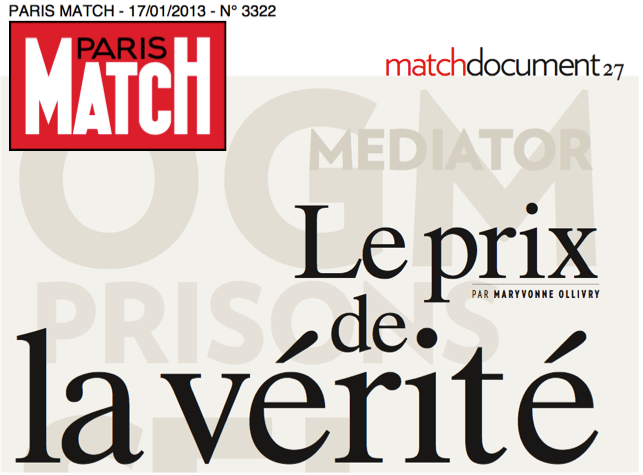
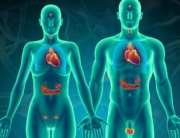
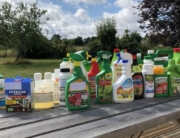

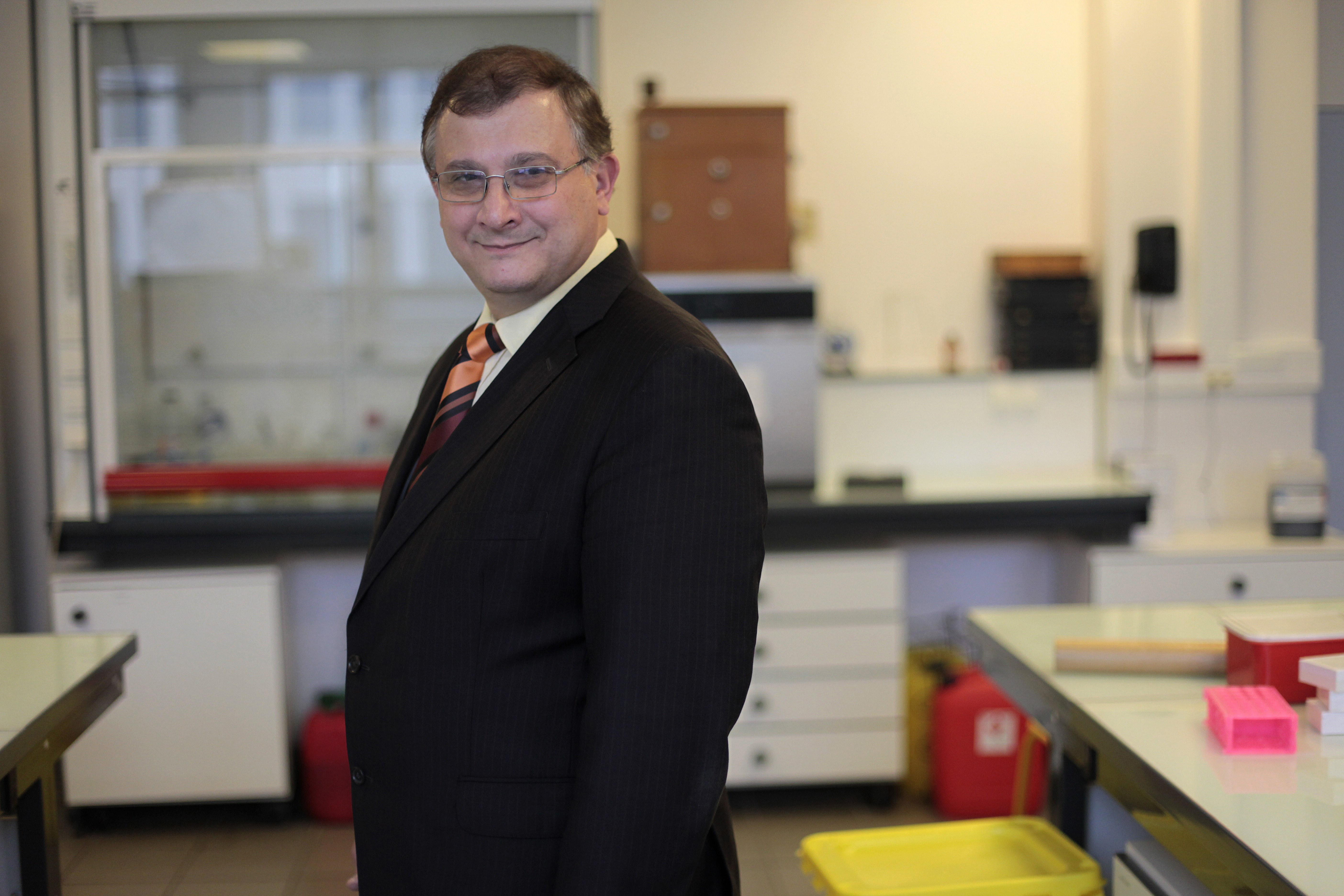
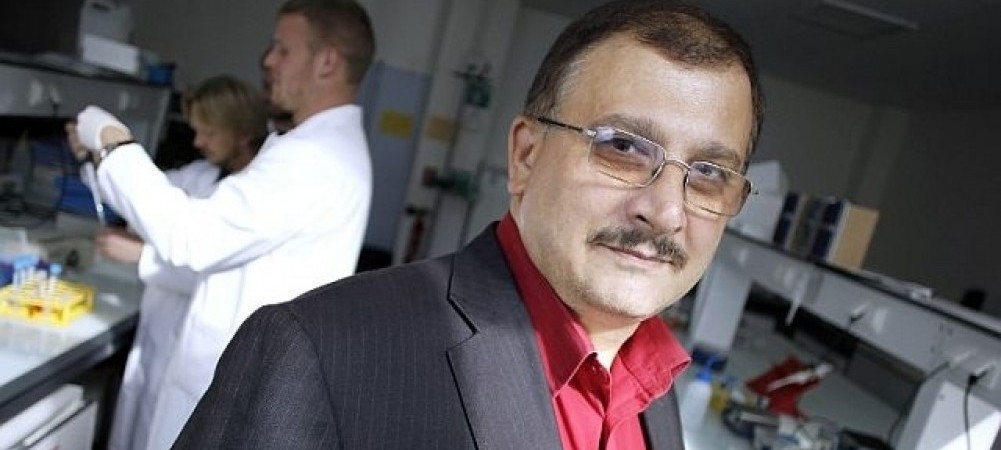
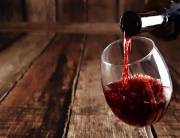
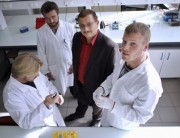

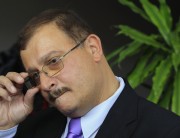
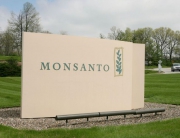




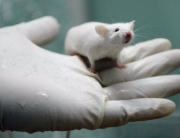



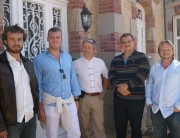
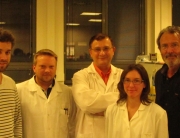


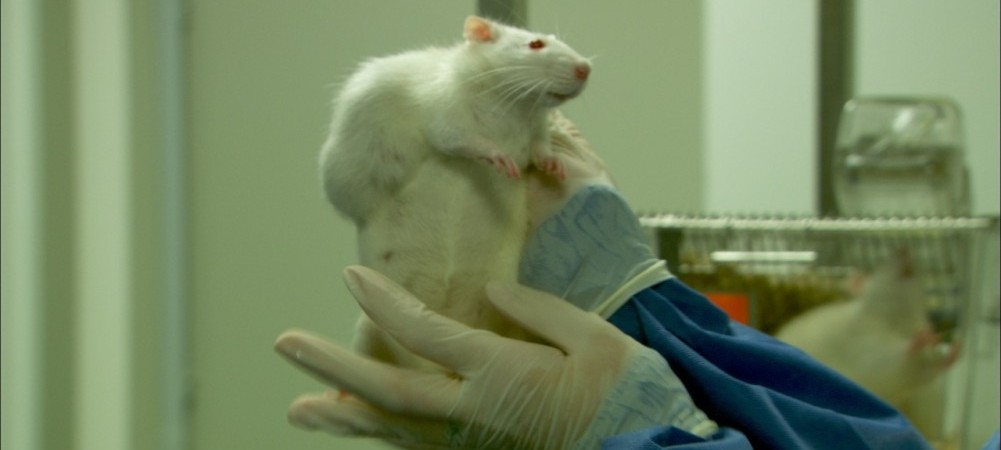
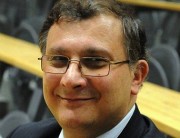
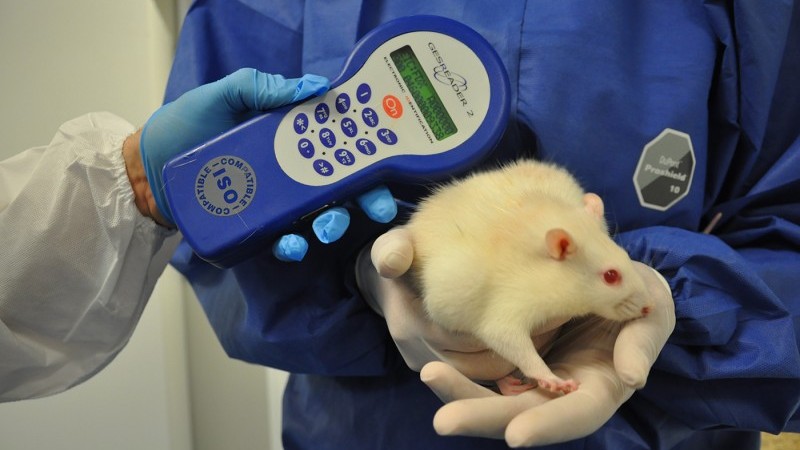
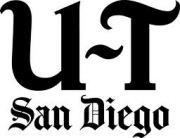
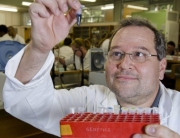
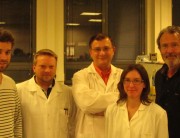

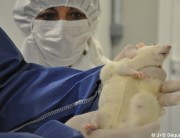
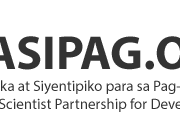
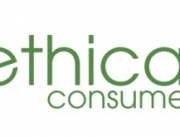

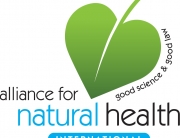


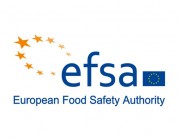
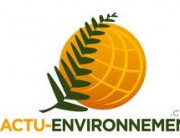
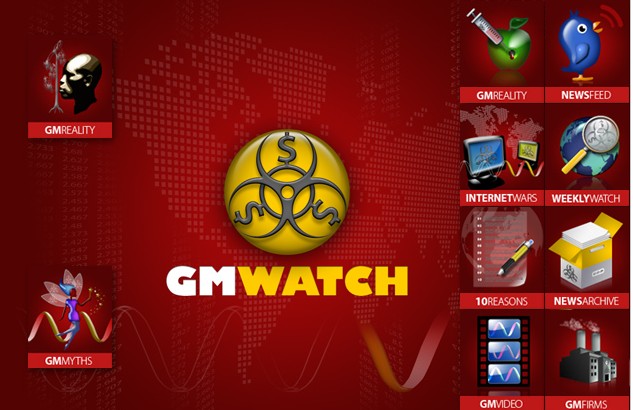
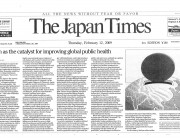
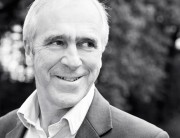



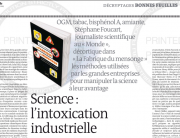


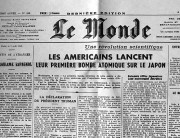


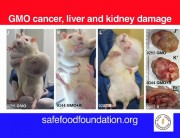

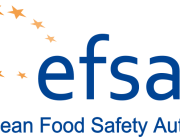

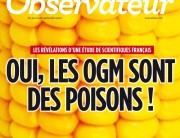
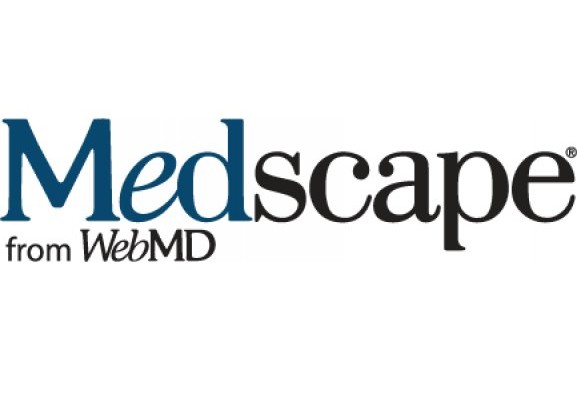
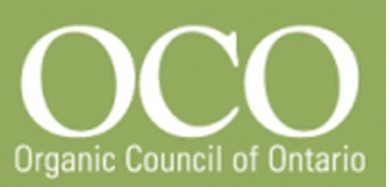













Dear Seralini & the whole amazing team, thank you for all you have done. All of humanity, is forever endebted to you for being so brave in taking such huge personal risks in releasing your findings. You have cleared the way for many more of your scholars to do the same. Thank you! Pointing to your study helps tremendously when speaking to medical doctors who are incredibly apathethic or unknoledgable when it comes to GMO’s. Stay strong & stay safe!
Gabriela Cosma
Thank you all for your courageous determination in serving with honor and dignity the needs of the living, this planet and its future. You offer hope that the future can be healthier and brighter.
Hang on there guys…your work is very important for us…thank you all…!!!
Hello, Just want to echo the sentiment of the posts above. Dr Seralini & team you are the subject of widespread & immense admiration & respect throughout Europe & the world – I’ve no doubt posterity will be very complimentary! Best wishes for the future.
From the US many thank yous are not enough for what you have done for humanity. You have helped open so many eyes to the evil works of big government and world control of the masses. If it had not been for your study so many would still be in the dark and dying to soon. You have been so brave to sacrifice so much and will undoubtfully go down in history for the good work you have done. God speed to all.
Now that the journal Food and Chemical Toxicology has announced an illicit retraction of Professor Seralini’s groundbreaking rat study, we see once again who the real rats are. My heart-felt thanks to scientists and citizens who have the courage to stand against such rats.